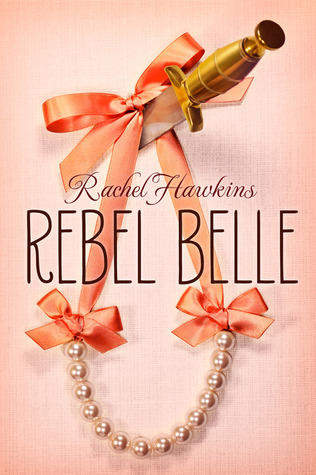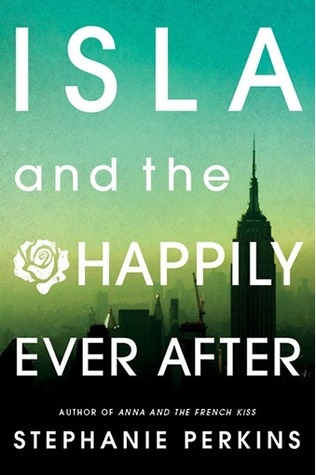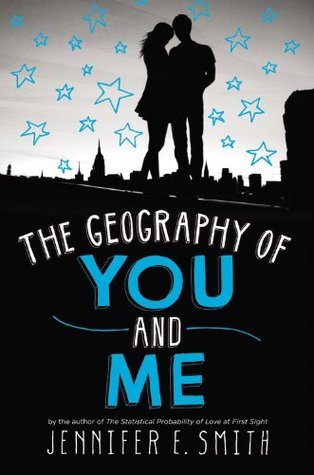Hayley Stone, an aspiring adult speculative writer whom I met through Pitch Wars, nominated me for a
Liebster Award.

You've probably seen these going around--I'm flattered by the nomination, but I also thought it would be fun to play along.
Here are the questions:
1.
What most inspired your current WIP?
My current WIP, a sequel to the novel I'm currently querying, is still in very fledgling stages. It's inspired mostly by a desire to continue exploring the world I created for the first book, which was inspired by my dual love of the Victorian era and Hungary, where I served as a missionary for the LDS church.
2.
How do you best get "in the zone" for writing?
I don't really have a process. As a full-time mom who works part time, I write when I can. I "get in the zone" by sitting in front of the computer with an open word document. :) And sometimes I shut down twitter and facebook.
3.
Do you have a certain time of day/place where you find you're most productive?
I honestly have no idea. I do most of my writing at night when the kids are in bed, but I have no idea if that's my most productive time.
4.
If you could sit down and pick the brain of one author, living or dead, who would it be? What would you ask them? I would love to sit down with Connie Willis, who writes some of the smartest and funniest stuff out there. I'd love to watch her in process--how does she layer so much into her story and still keep the plot moving forward?
5.
Your WIP has just become sentient. On a scale of 1-10, how much trouble are you in?
Probably a 1. We're talking a baby draft here--I doubt it could do much damage at this point!
6.
If money was no issue, where would your ideal writing vacation take place? A hotel in a city somewhere--easy access to good food, art and culture when I need inspiration--and no kids.
7.
How did you come up with the title for your current WIP?
The current title, THE KING OF CROWS, comes from a title bestowed on one of the characters who's transforming into a leader of supernatural creatures. And who, not so incidentally, can turn himself into a crow.
8.
Who would you want to direct the movie adaptation of your WIP?
My husband would know this better than me! He's the movie trivia buff at our house. Maybe
Cary Joji Fukunaga, who directed the latest version of Jane Eyre--someone who has a grasp of Victorian sensibility but also knows how to do creepy.
9.
What advice would you give to another writer?
Just keep writing. Love what you do--let the writing itself be the reward, because chances are nothing else about the process will be just what you imagine.
10.
Hypothetical: You have a time machine and a nefarious mind. You can travel back in time with one book and take credit for writing it. Which book would it be? Jane Austen's
Persuasion--I so admire her novels, which are clever and smart and romantic, and really pretty revolutionary for their time in the way they put women's concerns front and center without diminishing their importance.
Tagging my CP
Erin Shakespear,
Kathryn Purdie, and a new writing friend,
Mara Rutherford, who writes gorgeous fantasies with folkloric elements.
1. What most inspired your current WIP?
2. How do you best get "in the zone" for writing?
3. Do you have a certain time of day/place where you find you're most productive?
4. If you could sit down and pick the brain of one author, living or dead, who would it be? What would you ask them?
5. Your WIP has just become sentient. On a scale of 1-10, how much trouble are you in?
6. If money was no issue, where would your ideal writing vacation take place?
7. How did you come up with the title for your current WIP?
8. Who would you want to direct the movie adaptation of your WIP?
9. What advice would you give to another writer?
10. Hypothetical: You have a time machine and a nefarious mind. You can travel back in time with one book and take credit for writing it. Which book would it be?
 Rachel Hawkins does fun and lighthearted YA with a kick so well sometimes--the first book in Hex Hall was a delight from beginning to end. And a lot of that fun and delight comes through in Rebel Belle, just not quite as much.
Rachel Hawkins does fun and lighthearted YA with a kick so well sometimes--the first book in Hex Hall was a delight from beginning to end. And a lot of that fun and delight comes through in Rebel Belle, just not quite as much.





